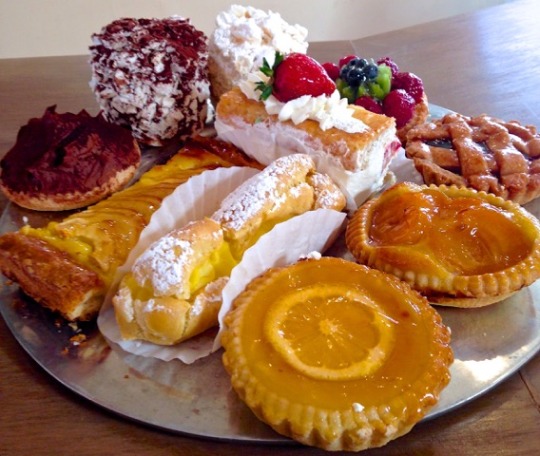
We spend much of our lives just trying to remember what we’re ‘supposed’ to be mindful of— we’re asked to “treat people like we’d wish to be treated”; “give someone the benefit of the doubt” or even just remember to recycle. The list is long and the tasks, many times, feel arduous. Even though we realize that they’re important and for the best, life is tough enough already without the P’s & Q’s, right?
These stresses, too, sometimes create unintended consequences, like overconsumption. We feed or drink ourselves to excess, buy things we don’t need in the guise of creating greater happiness or we participate in other unhealthy habits that do more harm than good internally and externally. We try so hard to ‘be good’, that many times, we self-medicate ourselves by relying on something or someone to give us comfort instead of curating wholeness within ourselves.
In 2010, Shambhala Sun, now Lion’s Roar, dissects the mind of the consumer before mindfulness was the buzzy catchphrase it is today. The idea of being a conscious consumer has grown exponentially in recent years and now exists far beyond its surface meaning, as the article’s author Daniel Goleman alludes to a half-decade ago:
“I think there is a level of mindfulness, or ecological intelligence, that goes beyond just decreasing our acquisitiveness. It relates to what happens when we buy something. So the question is, ‘When we consume, how can we consume more mindfully?’”
It’s an important question being posited— what is our motive to purchase something? And beyond that, as Goleman asks, what does it mean to “consume more mindfully?” What gets in our way? What is clouding our filter on focusing on what we truly need? Many times, its mediums we don’t even realize are subconsciously affecting us. What subliminally drives our overconsumption?
We all know that scripted reality television, exploits this idea with shows that solely focus on the amassing of things. From the ‘Real Housewives’ franchise boasting exorbitant wealth and excess, to the sad reality of those suffering on ’Hoarders’, or even the ‘extreme couponing’ phenomenon, where those featured stockpile as many household products as they can for the least price possible— some even receiving money back from a store.
When our reality is, literally, cluttered with portrayals of the mostly bad and ugly of consumption, how can we rise above what we see and may even experience? Most importantly, how can we practice and become more cognizant of what it means to be whole without buying more.
It begins with our ability to find peace and joy in the intangible—in feelings and experiences, instead of items. I agree with Goleman when he explains that we’ve got to understand consumption in a way that’s “directing our contemplative mind to the true impact involved in our buying decisions” but first, we must find balance in our rationale for buying. Are we merely feeding into what we feel we ought to do or is it to give us a false sense of happiness or security—maybe even keeping up with the Jones’?
Instead, focus on gratitude. Find great opportunity in the ability to be abundantly thankful for the bounty given to us, beyond our physical possessions. Just as someone developed the idea of minding our P’s & Q’s, someone was also very right when they so adeptly noted, “you can’t take it with you.” Enjoy and appreciate every day beyond what you own, live for the joy that is always available to you.
